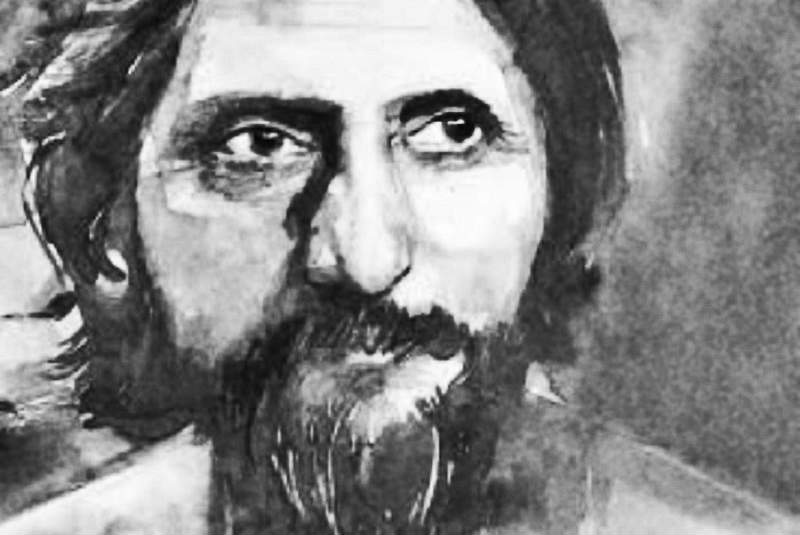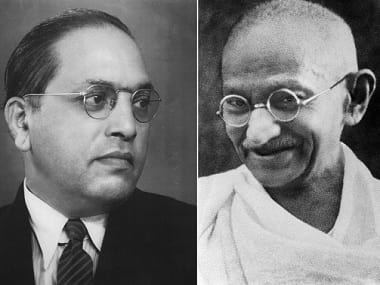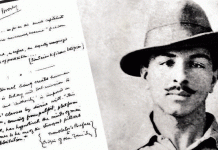Today is the birth anniversary of one of the key stalwarts of Hindi literature, Suryakant Tripathi Nirmala. He was also known as the poet who ‘freed’ Hindi poetry. On this legend’s birth anniversary, we celebrate his life and works and pay our tribute to his momentous contributions to the world of Hindi literature.
Suryakant Tripathi ‘Nirala’ was a well-known poet, essayist and pioneer of the Neo-Romantic(Chhayavaad)movement within Hindi literature. Just like the pen name he had adopted “nirala”(unique) , it also defined his work which was “unique” and exemplary for his times. From the common novel Nirupama to his heartbreaking novella Kulli Bhat, he experimented with different genres and themes. The poetic language that he chose could never be defined. Nirmala was born on February 21, 1896 as Suraj Kumar Tevari in Midnapur district in Bengal. His primary education was carried out in Bangla.
Nairala faced many tragedies, catastrophes and personal losses throughout his life and it all began when he was banished from his home by his father for having failed in his metrication examination as a child. Within three years, he lost his father, wife, brother and sister-in-law to in influenza epidemic. He found himself at a complete loss and therefore he decided to take up a series of odd jobs to make a living. He started taking up jobs in proof reading and copy editing to earn some money but these hardships of life didn’t stop him from continuing his love for writing.His first poetry collection, Anamika, was published in 1923.
Nirala wrote in his early days, “Like humans long for freedom, poetry also wants to be free. The way humans seek to get rid of the bondage of karma, the poem seeks to break away from the rule of verses.”
His compositions and radical outlook to life made him known as a figure of Hindi poetry who freed the genre and set forth the era of “mukti-chhand”(free verse)poetry in Hindi.
One of the many events that broke Nirala’s compassionate and sensitive heart was the death of his teenage daughter. After her death, which completely shattered him, he wrote Saroj Smriti, which according to many literary scholars marked his maturing as a poet.
Nirmala wrote, “Did you eave for heaven and left your father on earth, thinking, that when father arrives at his appointed hour of death, ignorant and inefficient, to cross the river of darkness, I, as his efficient and worthy daughter, shall hold his hands?”
As much as Nirmala was known for his sensitivity and poetic brilliance, he was also known to have a terribly bad arrogance and was often considered impolite if not blatantly rude. In an interesting event from 1936, Mahatma Gandhi inquired after Nirala and asked “Where is the Tagore of Hindi literature?”.
Nirala took offence to Gandhi’s words and pushed the gathering to reach to where Mahatma Gandhi had been standing. Then he asked Gandhi if he had read enough Hindi literature, to which Gandhi replied in the negative. Then Nirala said to Gandhi, that he would send both his own works and those of Tagore across to him, so that he could see the difference between the two.
His ego and arrogance also brought him enough hardship and pain in life and throughout his life he also suffered from a high financial crunch. Finally, when the government recognised him as one of the greatest poets and offered him money to sustain himself, he refused.
Therefore, the money had been offered to his friend and great poet Mahadevi Verma who took up the responsibility of taking care of him.
Nirala passed away in 1961 amidst a dire financial scarcity, he was lonely and aggrieved. In his last days he was also suffering from Schizophrenia.
Nirala will be remembered as one of the most iconic poets in Hindi literature and his works shall continue to inspire generations of readers and literature enthusiasts. He is known to have given voice to the marginalised sections of the society by highlighting the hypocrisy and pathos inherent in the social fabric.
One of his most iconic poems is entitled, “Wah Todti Patthar”. This poem depicts the hardship, pain and agony of a labouring class woman breaking stones for a living.
“ On the sides of the road that goes to Allahabad
I saw her breaking stones as the sun climbed high.
The height of summer. This was the time when the heat was blinding all and hot winds were gushing, scorching everything that lay in their paths. The earth under the feet, like burning cotton wool, the air filled with dust and sparks. It was noon and she was still breaking stones.”
Nirala’s poetic imaginary, his sensitivity to the pains of the marginalised and his literary imagination etched his works in the minds of countless literature enthusiasts around the world. We cherish and shall continue to do so for generations to come.













